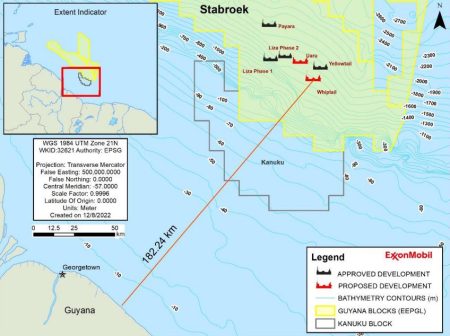
Mkpoikana Udoma
08 June 2018, Sweetcrude, Port Harcourt — Oil workers in the country have said that the replacement of the Associated Gas Framework Agreement, AFGA, with other incentives for gas projects development in the Petroleum Industry Fiscal Bill, PIFB, will impact negatively on the nation’s economy.
The Petroleum and Natural Gas Senior Staff Association of Nigeria, PENGASSAN, and the Nigeria Union of Petroleum and Natural Gas Workers, NUPENG, made this known in their joint memorandum to the Senate Joint Committee on the Petroleum Industry Bill, PIB.
The Memorandum jointly signed by the Chairman, PENGASSAN and NUPENG Joint Committee on PIB, Mr. Chika Onuegbu, and Secretary, Mr. Afolabi Olawale, warned that gas remains the future of Nigeria and without adequate incentives, 50percent of gas development projects will not fly under the new gas fiscal regime proposed in this bill, as investors will not commit to its development.
Onuegbu said Nigeria must provide adequate incentives to jump-start her gas industry and encourage robust investments in gas infrastructure, gas-based industries – petrochemicals plants, fertiliser, methanol, more liquefied natural gas plants etc.
The oil workers appealed to the Senate committee to carry out a thorough analysis of the impact of the proposed Gas fiscal regime on gas projects and gas development in Nigeria to confirm that they are robust and adequate to encourage investments in the gas sector and jumpstart the nation’s gas industry.
“We noticed that AGFA has been replaced by various incentives for gas projects and development in the bill. Our preliminary analysis and consultation indicate that these replacement incentives are far less than the AGFA.
“The implication is that gas projects and development will be significantly impacted negatively. As a matter of fact, our analysis and consultations indicate that some 50percent of gas development projects will not fly under the new gas fiscal regime proposed in this bill.
“The importance of gas development and gas utilisation to the Nigerian economy cannot be overemphasised. Gas is the future of Nigeria. Unfortunately, without adequate incentives, Investors will not commit to the development of these huge resources.
“Nigeria must, therefore, provide adequate incentives to jumpstart her gas industry and encourage robust investments in gas infrastructure, gas-based industries – petrochemicals plants, fertilizer, methanol, Gas to Power projects, more LNG plants, LPG and CNG programs etc.”
The oil workers’ unions also stated that gas to power projects in section 66, subsection five of the bill should be considered strategic to benefit from gas incentives.
“It is our view that given the current unenviable situation of power generation in Nigeria, gas projects aimed at delivering power such as Gas to Power Projects should be considered as strategic and included as part of the qualifying projects to benefit from the incentives for strategic gas transportation infrastructure and distribution pipelines in section 66(5).”
PENGASSAN and NUPENG further maintained that any aspect of the new PIB that will deal with fiscal regimes should allow for the optimization of returns to Nigeria from its oil and gas resources without stifling investments and growth of the industry.
They urged the Federal Government to strike a balance between taking a significantly higher stake from industry operations and ensuring the sustainable growth of the industry.
“We observed that there is a general cap on production allowances of the lower of $3 per barrel or 30percent of the official selling price for crude and condensate across all terrains, and 50 percent of the value of the natural gas production or $1.5 per million Btu, whichever is lower.
“These capped production allowances as aforementioned are intended to replace the Investment Tax Allowance and Investment Tax Credit (ITA/ITC) in the existing fiscal regime. Our analysis of the effect of the capping of the production allowances shows that it seriously increases the tax burden on the operators and may, in fact, render many Deepwater and Gas projects less attractive.
“Additionally, while we commend the introduction of Cost Efficiency Factor in the second schedule, but note that the use of 20 percent of Revenue /OPEX could be used by the oil and gas companies as an incentive to downsize, reduce the Nigerian employees on their payroll and increase the use of contract staff and casualisation to reduce their OPEX and increase their Cost Efficiency factor.
“We, therefore, appeal to the Honourable members of the Senate to review the basis of the computation of the CEF by increasing the percentage of revenue used in the computation to at least 30percent.”



